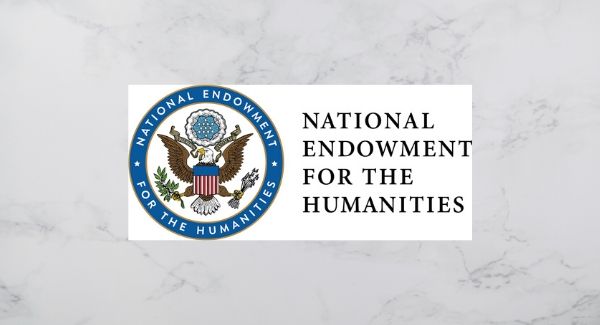The National Endowment for the Humanities (NEH) has awarded Newman University a grant in the approximate amount of $34,000.
NEH grants focus on a variety of projects such as preserving indigenous culture and advancing the “digital humanities.”
The planning grant awarded to the university is a part of the NEH Humanities and Connections program, which seeks specifically to expand the role of the humanities in higher education.
Jamey Findling, associate professor of philosophy, is co-director of the project with Cheryl Golden, professor of history and director of international studies.
However, the grant proposal was a group effort comprising five members of the Newman community: Denise Cooley, administrative assistant for the Division of Arts & Letters and Humanities; Findling; Golden; Audrey Hane, professor of communication; and Lori Steiner, dean of the School of Arts and Sciences.
“This grant will enable us to spend the next year crafting a well-designed and thought-out program blending the humanities with two of our non-humanities majors — criminal justice and data analytics,” said Findling.
He added that faculty and staff will have more resources in the near future to “research, develop and propose an emphasis on technology and human values available to criminal justice and data analytics students.”
Findling said NEH grants are very competitive and only 14 of 89 applicants were funded. The benefit, he said, will be for students in the end.
“Our vision for the humanities program extends the interdisciplinary focus already seen in the Newman Studies Program while adding the hands-on learning element that is a key part of Navigator. We also plan to build connections with employers in the community to enable students to gain an experiential foundation for their research and learning.”
Golden said they are looking forward to offering even more opportunities for students, including events and workshops.
“The NEH grant will help us demonstrate to our students and the greater region just how important the humanities are for educating the whole person to meet the challenges of the 21st-century workplace,” said Golden.
Both Golden and Findling are excited to help students understand and reflect on the role of technology in the specific fields in which they plan to work.
“Our intention,” said Findling, “is to enable students to confront ethical questions they will encounter throughout their lives in ways that are dynamic, sustained and in-depth. We are extremely excited to have supportive colleagues outside the humanities who are willing to partner with us in this project.”

